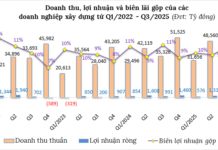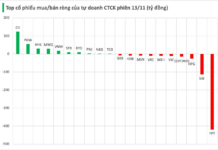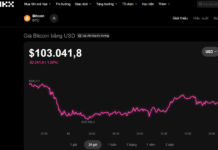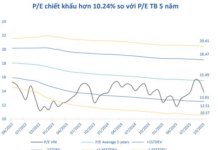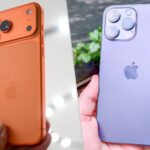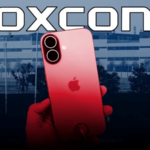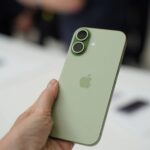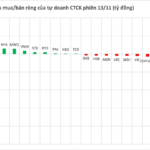Anticipated as the most exciting launch in years, the iPhone 17 Pro is now leaving users deeply disappointed. From controversial material changes and questionable durability to Apple’s dismissive attitude, the situation eerily echoes the infamous “Antennagate” scandal of the past.
Months before its release, rumors swirled about Apple abandoning titanium in favor of aluminum for the iPhone 17 Pro and Pro Max, sparking widespread debate. Upon launch, the company confirmed this shift, citing improved thermal performance. However, the decision appears rushed, as the Pro models have since faced a barrage of issues.
When an “Upgrade” Feels Like a Downgrade
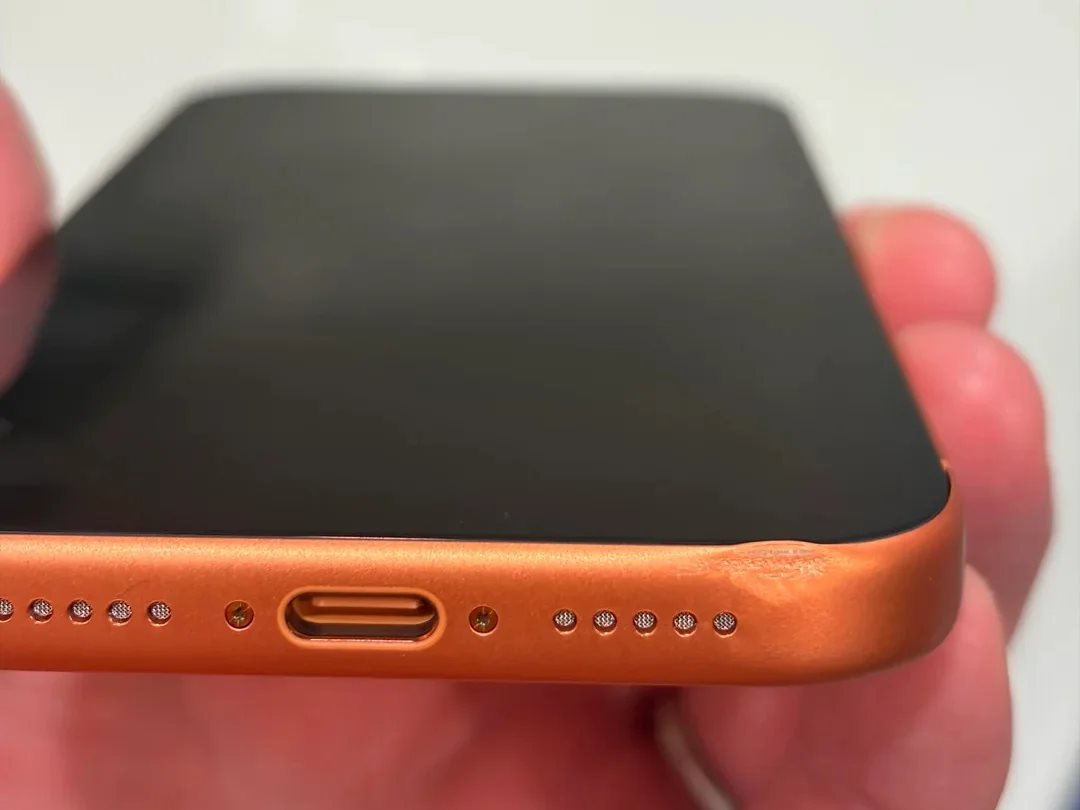
Apple’s return to aluminum, a material typically reserved for standard iPhone models, was seen as a correction for the mistakes of the past two generations. The previous switch to aerospace-grade titanium had made earlier iPhones uncomfortably hot. Now, with a 7000-series aluminum frame and the introduction of a vapor chamber cooling system, overheating issues have been resolved. The new Pro models also boast improved battery life, albeit at the cost of slightly increased weight.
However, this is a classic case of “two steps forward, one step back” in tech. Titanium was a flagship upgrade for the iPhone 15 Pro, prized for its lightweight properties. Reverting to aluminum, despite better heat dissipation, has introduced a critical durability issue.
Due to aluminum’s softer nature, the iPhone 17 Pro and Pro Max, especially in darker finishes, are highly prone to scratches. Online forums are flooded with disappointed users sharing images of scratches appearing after the slightest contact. Some complaints have even been removed.
The frame is also susceptible to bending. Numerous reports indicate that drops from as low as 60cm can leave the expensive device looking like it’s made of clay. Even using a MagSafe charger leaves a noticeable circular mark on the back.
Those who prefer using their phones without cases now feel compelled to encase their pricey devices in cheap silicone covers, unable to showcase the vibrant colors that initially attracted them.
More concerning, Apple seems to be ignoring these issues. The company blames worn MagSafe chargers and dismisses scratches as “normal wear and tear,” reminiscent of a dark chapter in its history.
The Shadow of “Antennagate” and Apple’s Arrogance
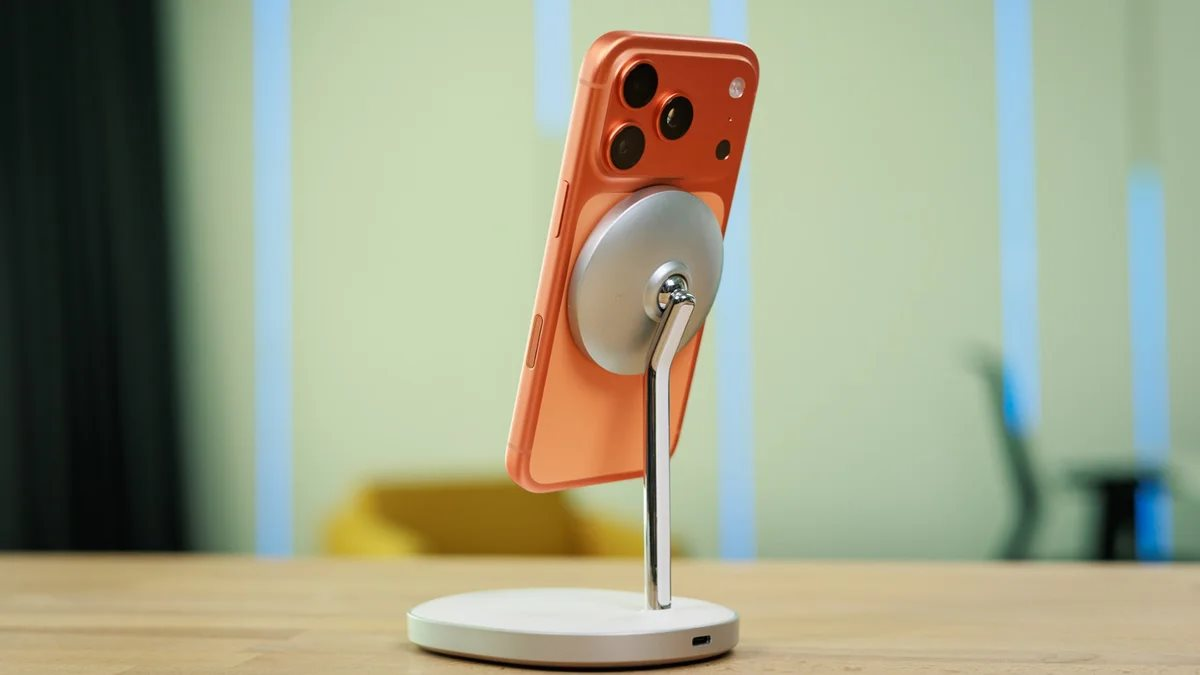
The situation recalls the iPhone 4’s “Antennagate” scandal. When users complained about signal loss, Steve Jobs notoriously claimed they were “holding it wrong” instead of acknowledging the antenna design flaw. Eventually, Apple offered free cases and redesigned the iPhone 4s.
Blaming user accessories shows a disregard for the trust Apple has built. Consumers don’t spend a premium to handle their devices like fragile artifacts.
Disappointment extends beyond aesthetics. The iPhone 17 also faces cellular signal issues and numerous bugs in iOS 26.
In the AI phone era, the iPhone 17 Pro feels outdated. It lacks groundbreaking Apple Intelligence features, and its inherited capabilities are underwhelming.
Compared to premium Android rivals like the Pixel 10, this iPhone falls short in intelligence. While Apple promises a March update, recent software debacles like iPadOS 18 and Apple Intelligence’s chaos give users pause.
Why Are Users Still Buying?
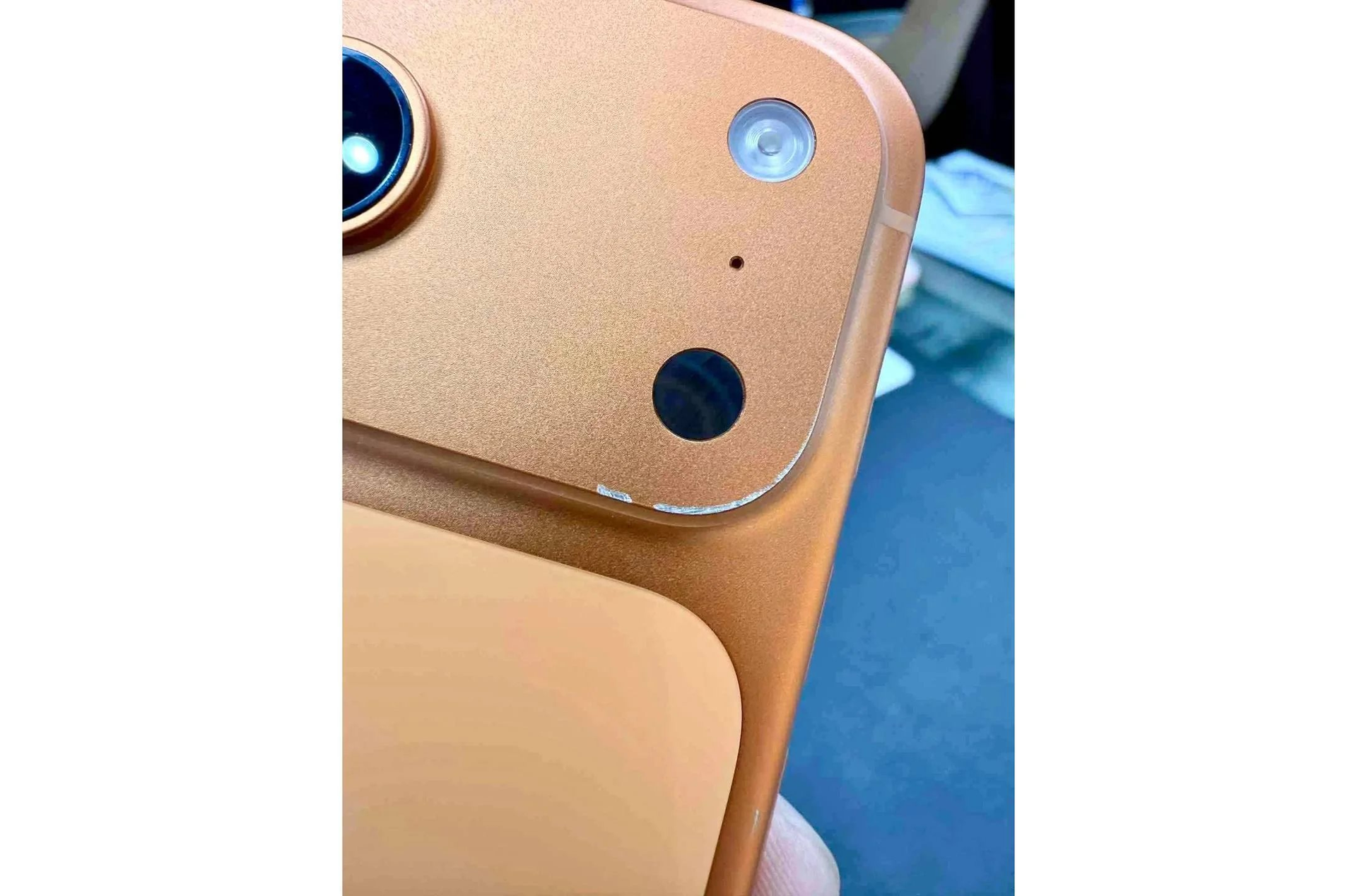
Despite its flaws, the iPhone 17 Pro is outselling the iPhone 16 Pro. Users may crave design changes, or Android’s AI features might not yet justify switching ecosystems.
Apple has seemingly reversed its sales decline, but the iPhone 17 Pro’s shortcomings make this a hollow victory. In contrast, the base iPhone 17 is thriving, proving users value proven designs and reliable hardware.
Apple, it’s time to acknowledge mistakes and prioritize product testing. For iPhone 17 Pro owners, handle with extreme care—or risk it looking like a cheap knockoff.
Unveiling the iPhone 17: Addressing Unexpected Glitches
The newly launched iPhone 17 has left many users disappointed due to a fundamental yet critical issue.
iPhone 17 Sample Shockingly Discounted: Act Fast to Secure Yours Now!
Just days after its official release, several authorized Apple retailers have already begun offering discounts on the iPhone 17.
LG Innotek Strengthens Vietnam Hub: Completes Billion-Dollar Plant, Doubles Camera Module Capacity
According to the Korea Times and major South Korean media outlets, LG Innotek has recently completed the expansion of its V3 factory in Hai Phong. This move is seen as a pivotal strategic step to solidify its leading position in the global camera module market and enhance price competitiveness, despite a decline in business performance recorded in Vietnam during the first half of 2025.















